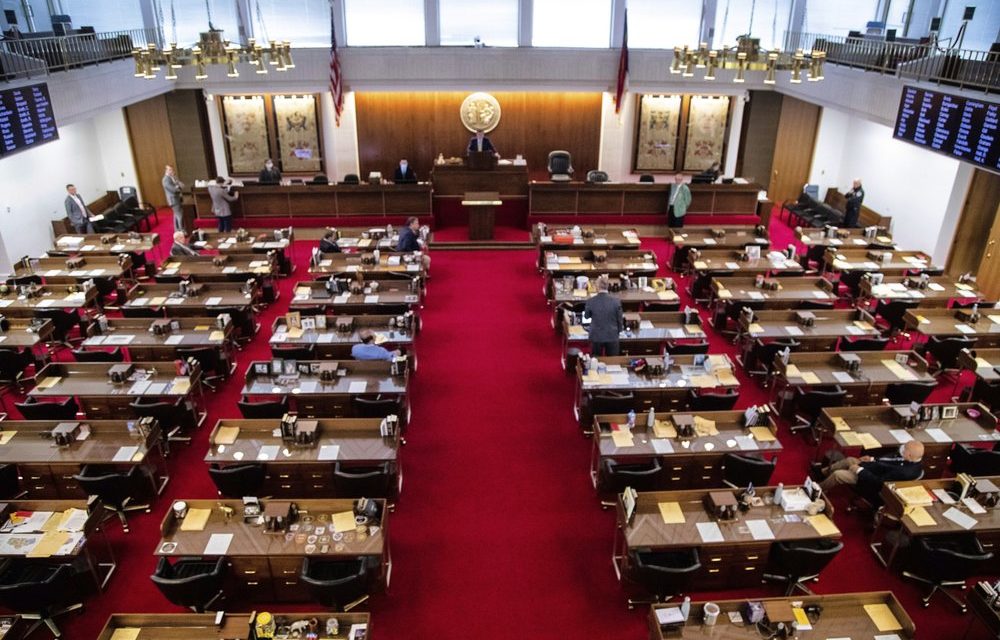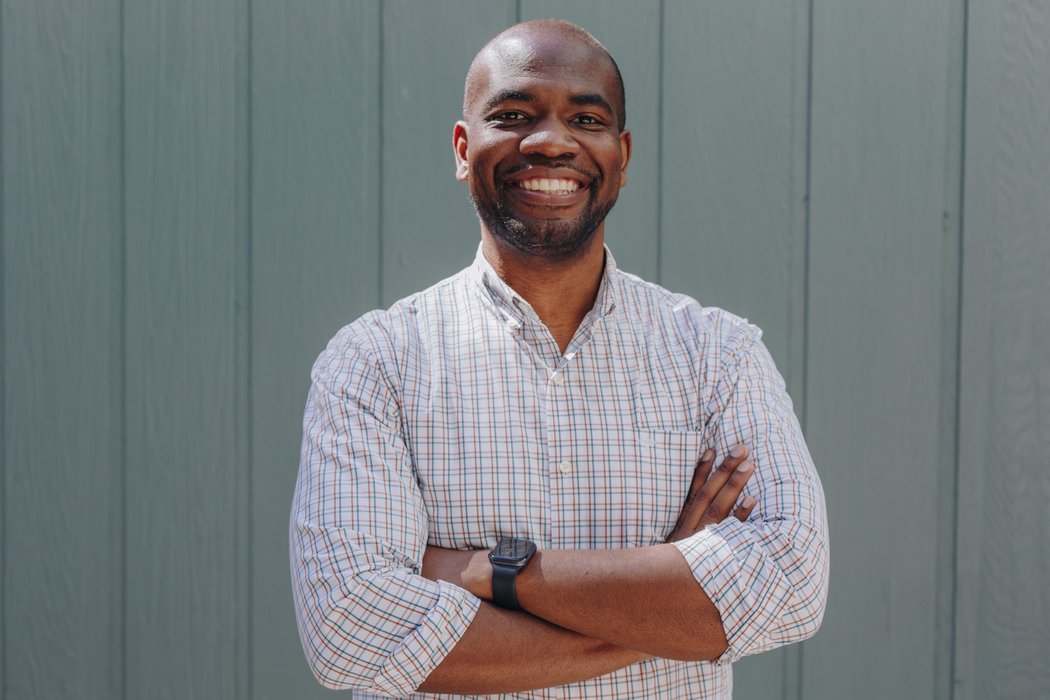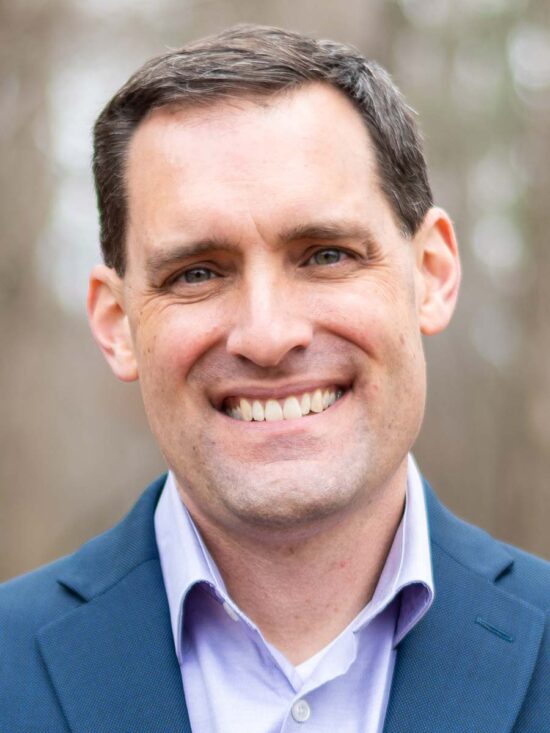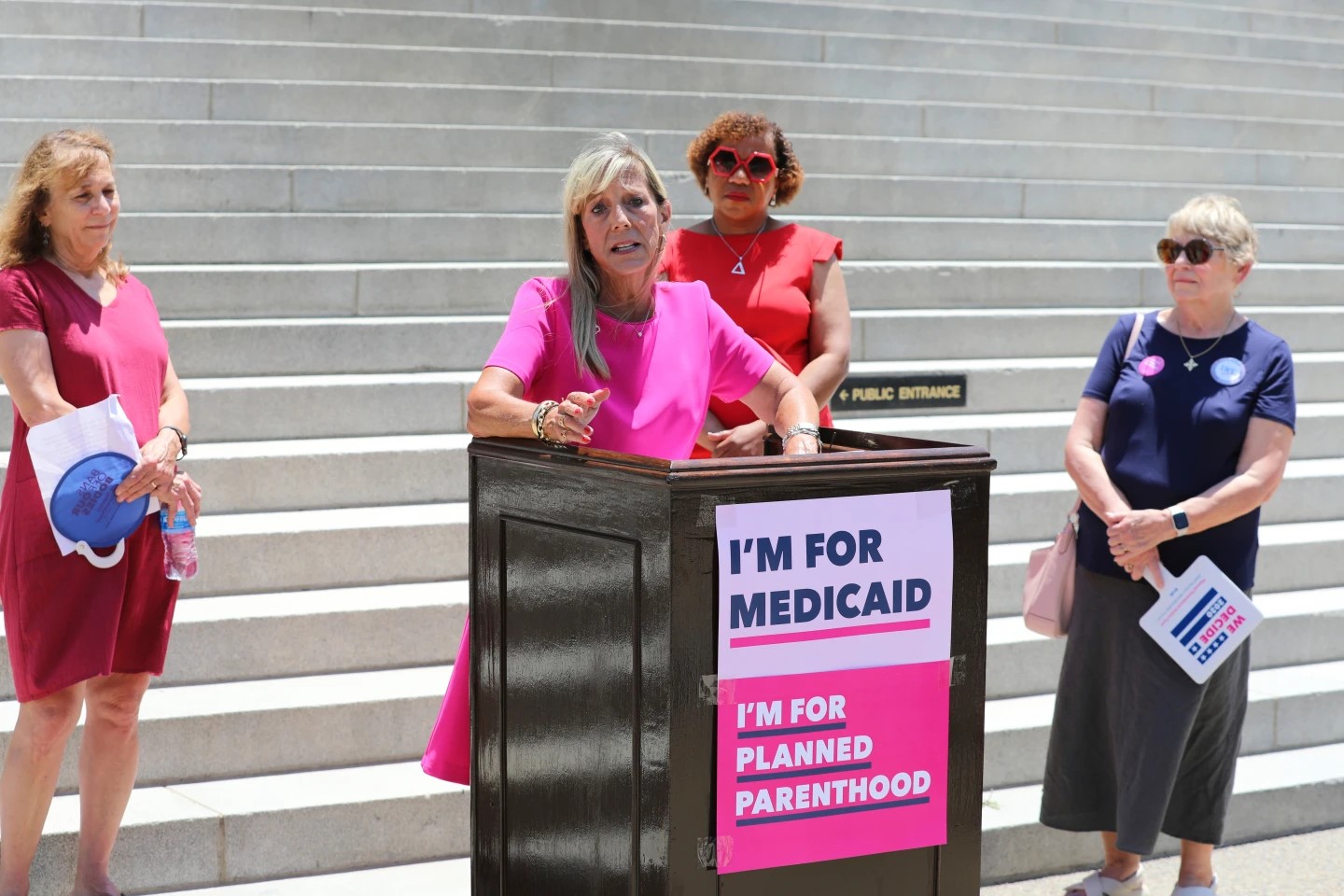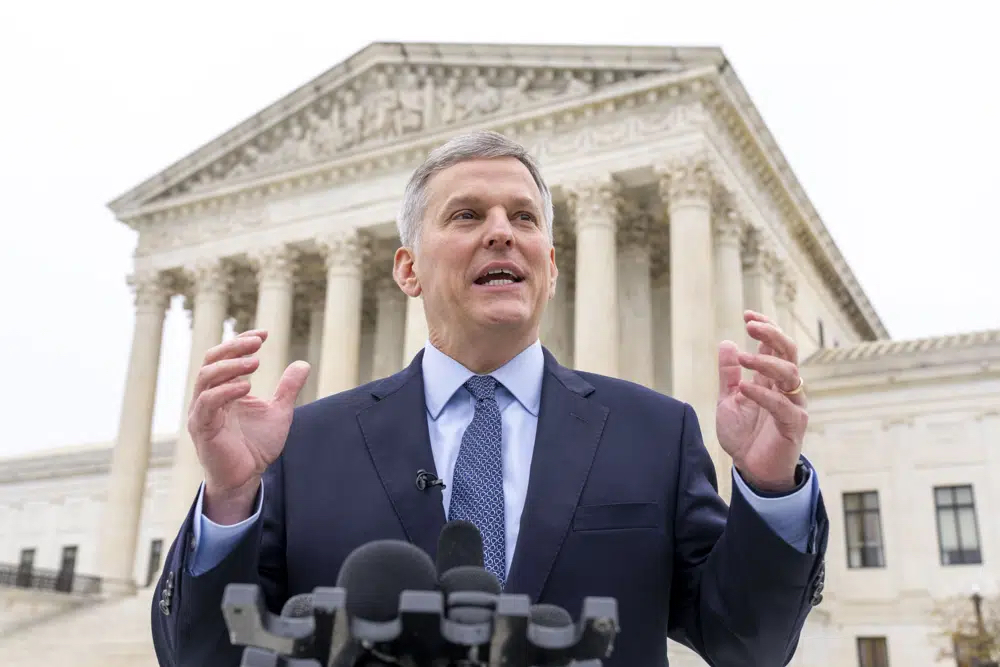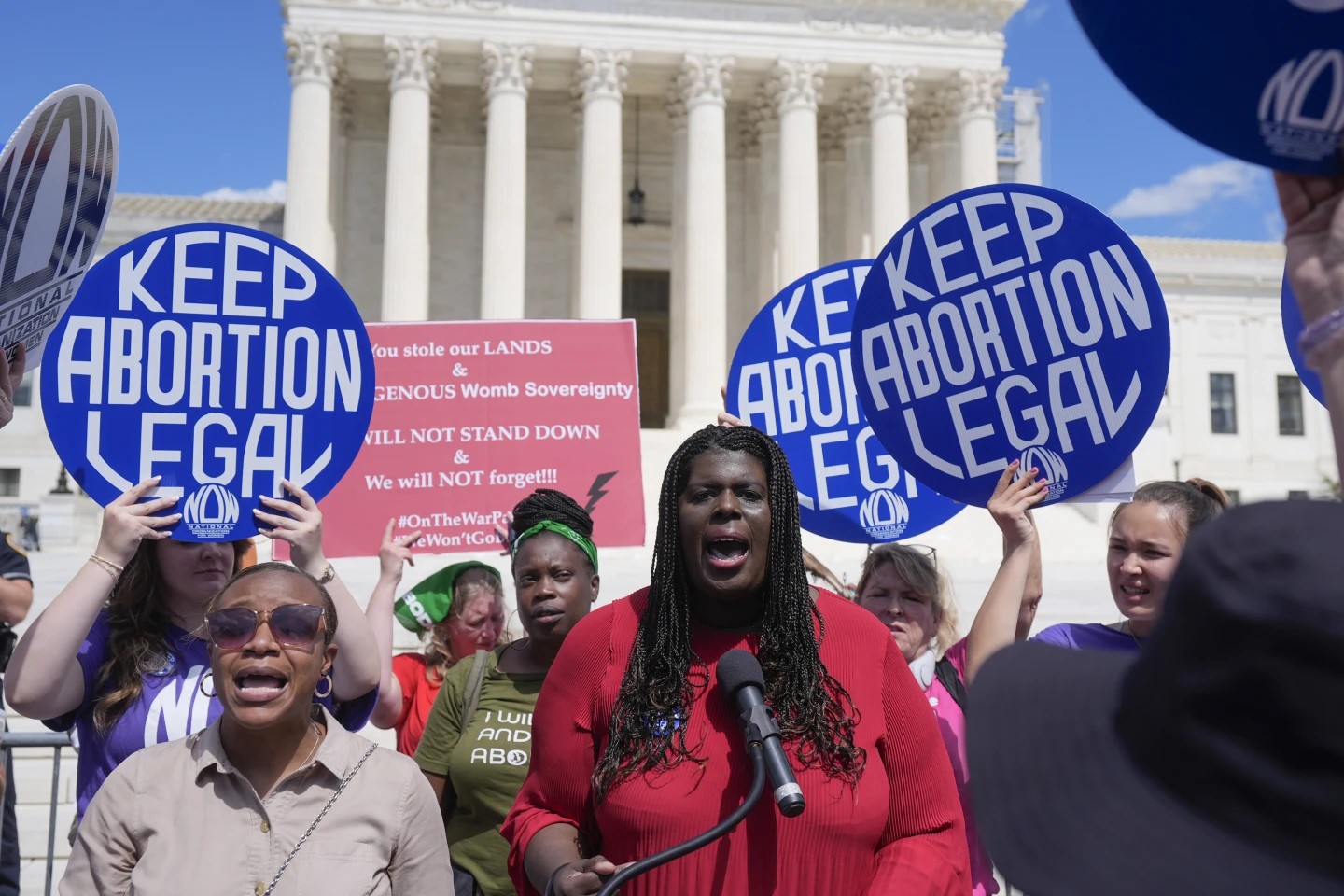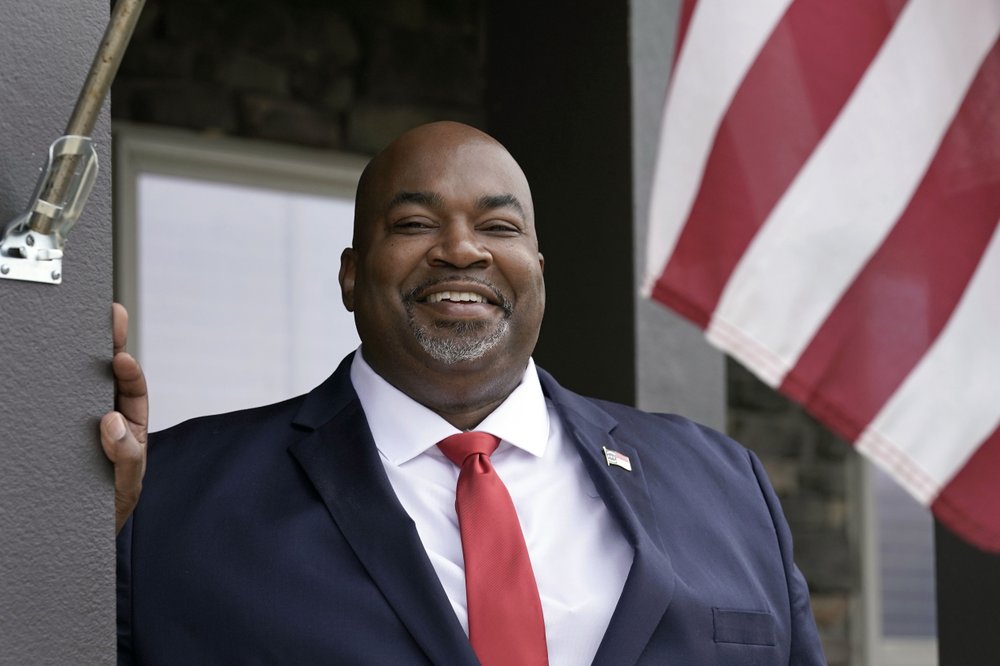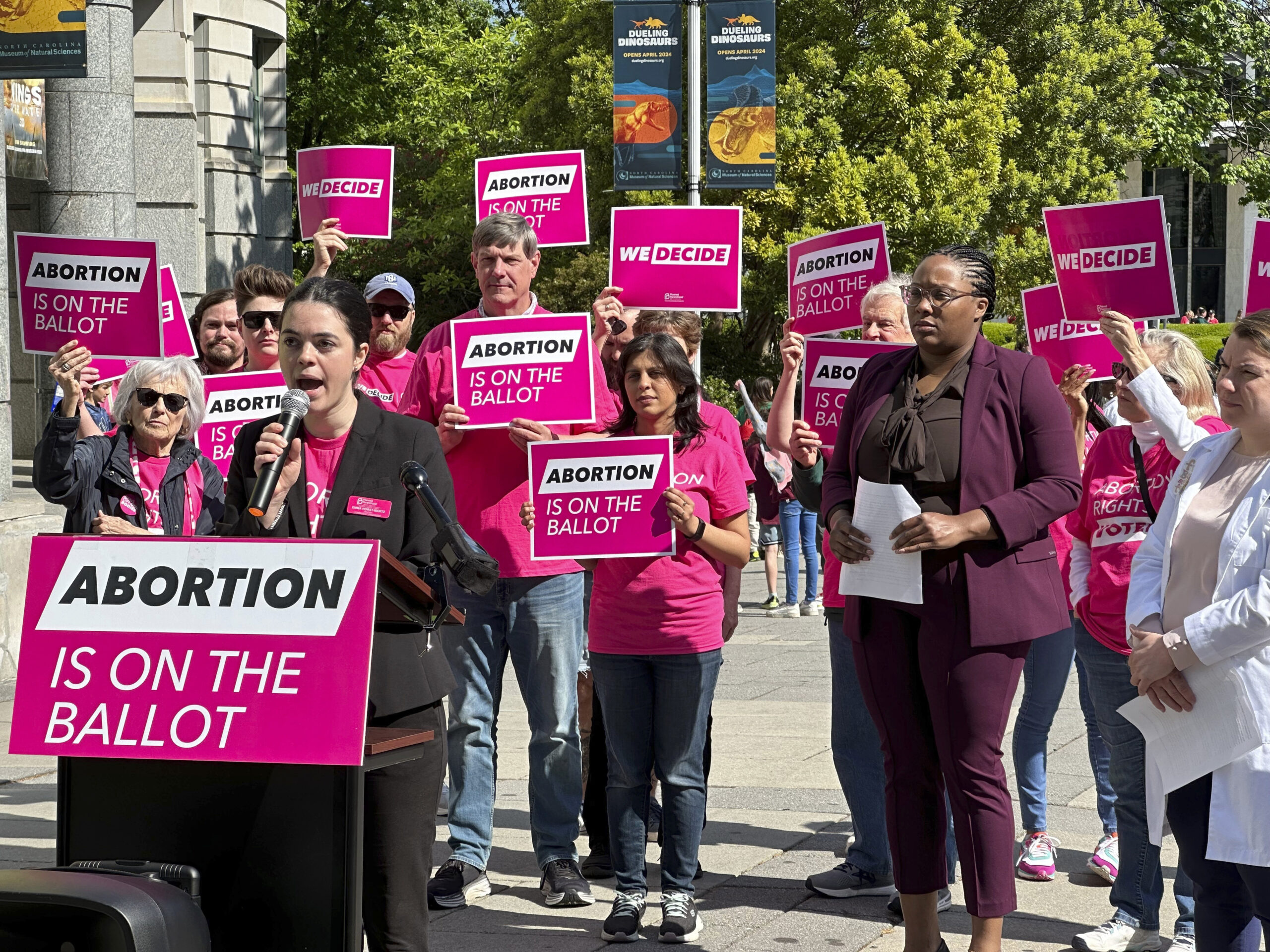The North Carolina General Assembly is back in session this year with three Democratic representatives from Orange County in the House and Senate. Both chambers are looking to tackle similar issues such as healthcare access, legalizations and education policies — but that isn’t the only thing on their minds.
One of the top stories coming into this session isn’t about policy issues, but instead who will be making those votes. After the 2022 state elections, Republicans have an advantage in both chambers.
In the Senate, Republican lawmakers make up a supermajority, which gives them the power to override Governor Roy Cooper’s vetoes.
In the House, it is a near-supermajority, with Republicans being only one seat short of the power.
House Republicans, however, just passed legislation to get around that — a temporary rule to vote on veto overrides without advance notice. District 56 Representative Allen Buansi said this new rule makes it harder for House Democrats to step away, even when they have to use the bathroom.
“In that time that you take a sprint, someone calls for a vote,” Buansi said. “It’s the kind of thing that really undermines public transparency, public trust.”
One key issue where this majority might come to play is with abortion access. Last year, Governor Cooper signed an executive order to protect it. But with the Senate and House makeup, Republicans might eventually have the power to override it.
District 23 Senator Graig Meyer said they’ve already said they want to restrict it.
“Republicans in both chambers have said that they’re going to pass some further restrictions on abortions, but it seems like the House wants to restrict farther than the Senate,” he said.
Meyer said another factor in abortion restrictions might lie in upcoming 2024 races.
“The Republicans know that restrictions on abortion are not popular with the public,” he said. “And so I think there are Republicans who are looking ahead to running statewide in 2024 who might think twice about voting for extreme restrictions on abortion.”
Another big issue on the table in both chambers is Medicaid expansion.
Last year, the Senate passed Medicaid expansion legislation as part of another bill with bipartisan support — but it wasn’t even voted on in the House.
“My hope is that we take it up in the House, take a vote, that we pass it,” Buansi said. “And finally get the help that so many North Carolinians need across our state, especially in rural areas.”
Meyer said this expansion could provide health insurance for several hundred thousand people, reduce healthcare premiums and create more jobs. What seems to be holding up the legislation is not the expansion itself, but healthcare accessibility and affordability, he said.
“Basically the policies that govern who gets to build healthcare facilities and what type of practice do people get to have,” Meyer said. “So all these healthcare policies are wrapped up in the negotiations, it’s not clear where they’re going to land.”
Last year, the Senate also passed a bill on another medical issue that didn’t go so far in the House: the legalization of medical marijuana. Meyer said there are still many aspects of the legislation that need to be worked out.
“How do we tax it, where does the revenue go from that taxation, what are the policies around who can get a medical marijuana license,” Meyer said.
He said if those details are ironed out, he believes the bill will likely be a bipartisan vote.
“With people from both parties voting for and both parties voting against,” Meyer said. “It really is a bill that will be negotiated.”
The Senate will also likely be negotiating funding for education in the coming year. In November, the state supreme court passed the Leandro plan, which impacts funding for schools. Meyer said that while there will likely be pay increases for teachers and staff, he isn’t sure if there will be any other major changes in funding.
“But are we going to put the type of money that we need to to support rural and poor districts overall, are we going to increase funding for special education services for English language learners?” he said. “I don’t know that we’re going to be able to see any major increases in what’s called for in the Leandro plan.
The House also plans to discuss education, including issues that go beyond funding. Buansi said that House leadership has already brought up changes to education policies.
“Restrictions and removals of support for LGBTQ students in public schools,” Buansi said. “They’ve also talked about further targeting [and] undermining teachers who teach history about racism in our public schools.”
Looking ahead, Buansi said passing legislation – and reaching consensus – might be challenging this year.
“A lot of what we’re going to be doing is playing defense,” he said. “But certainly, I will do the best I can to try to make changes that are in line with our values.”
And Meyer is hoping negotiations can take place between both sides in the Senate.
“I do believe that we can find some places where there is bipartisan support for good things for North Carolina,” Meyer said. “There will also be lots of nasty fights along the way and I’ll be happy to come in and talk to you about them.”
Top photo by Travis Long/The News & Observer via AP.
Chapelboro.com does not charge subscription fees, and you can directly support our efforts in local journalism here. Want more of what you see on Chapelboro? Let us bring free local news and community information to you by signing up for our biweekly newsletter.

